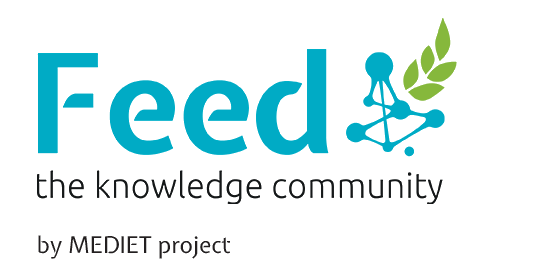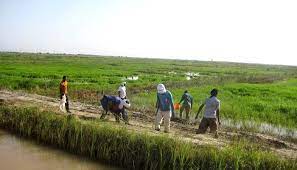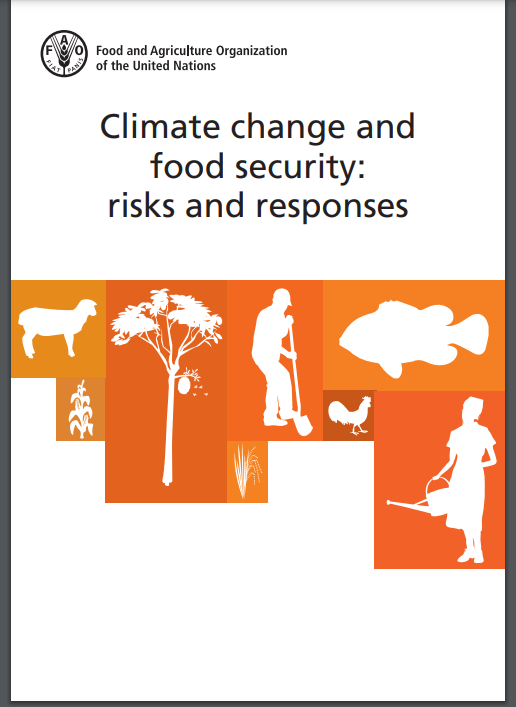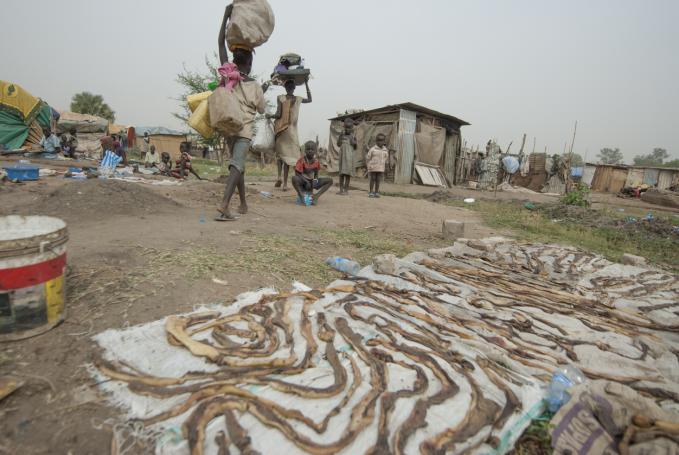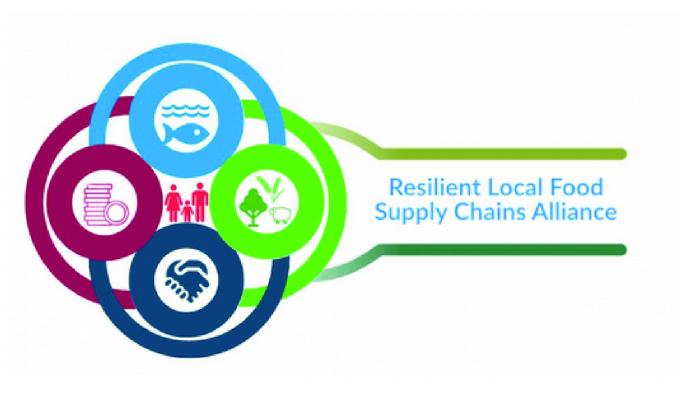Period
2019 - in progress
Azraq, a small town in north-eastern Jordan, faces significant environmental challenges in agriculture due to its arid climate and growing water demand. These challenges include groundwater depletion, soil and water salinisation, and increasing desertification. To address these issues, the Methods for Irrigation and Agriculture (MIRRA) project worked with local organisations to implement sustainable agricultural practices in the region. This included the installation of low-pressure drip irrigation systems and magnetic water devices, as well as the cultivation of salt- and drought-tolerant crops. The project resulted in a significant reduction in electricity and water consumption for groundwater pumping, helping farmers to address environmental challenges and improve their livelihoods.
You must be registered to see all the content
Identification needs
Azraq is a small town in Northeastern Jordan characterized by hot, arid summers and cold, dry winters. Due to these climate conditions and a growing demand for water resources, farmers in the Azraq community face many challenges during their day-to-day work. This includes environmental factors such as groundwater depletion and salinization, soil salinization, and climate change, as well as experiencing a lack of awareness and extension support for the agricultural community. These difficulties have led to many negative consequences, including a reduction in livestock production, increased desertification, and loss of wetlands in the area. Hence, farmers in Azraq needs help to overcomes these issues and move on in planting their farms.
Stakeholder change
Reducing the amount of water and energy used in agriculture.
Change triggered
To move towards a more sustainable farming model, MIRRA first implemented drip irrigation systems with low pressure requirement, significantly reducing the amount of water and energy used in agriculture. MIRRA provided an irrigation schedule based on crop, soil and water characteristics. To manage groundwaterhigh salinity, MIRRA installed magnetic water devices. The two targeted farms are currently operating well since the introduction of the sustainable farming practices. Based on literature reviews of local case studies, MIRRA is also cultivating salinity and drought-tolerant crop species, such as panicum, in order to increase annual food production.Through these efforts, MIRRA helped the two farms accomplish a 30-40% reduction in electricity bills required for groundwater pumping. Additionally, a 25% reduction in water consumption was measured through the installed water flow meters. In the upcoming reporting period, there will be more accurateestimates of electricity and water consumption reduction.
Short description
On April 1st, 2019, Methods for Irrigation and Agriculture (MIRRA), in partnership with Rural Family Society (RFS) and High Atlas Foundation (HAF), started the project – Realizing Sustainable Agriculture in Azraq– in order to tackle these challenges. With funding from HAF and in local partnership with RFS, MIRRA developed an integrated sustainable packaged solution and capacity building program, which include specificmodules on irrigation systems design and management, salinity management, sustainable agriculture, and advocacy training.Additionally, MIRRA coordinated with two Azraq farmers, one of them being the only female farmer in the region, to implement the program. The farmers were chosen in order to ensure equity and gender balance. Their farms acted as the test and research sites of the sustainable package solution and will serve as a demonstration for other farmers in the region.

